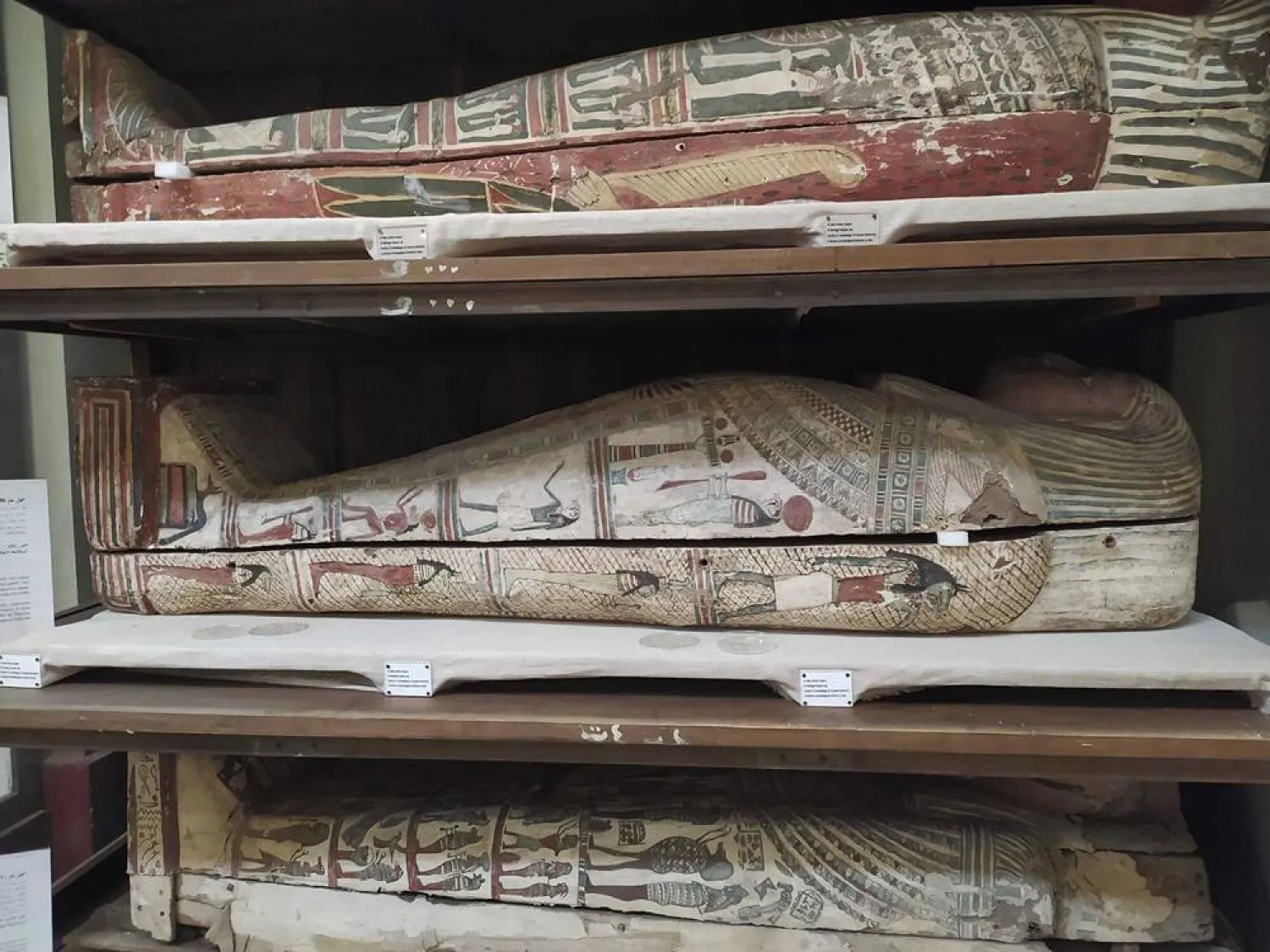 A groundbreaking study has revealed that the remains of ancient Egyptian mummies may have smelled surprisingly pleasant due to the use of fragrant resins, oils, and spices in their embalming process. The discovery sheds new light on the advanced burial techniques of ancient Egypt and the role of scents in their religious and cultural traditions.
A groundbreaking study has revealed that the remains of ancient Egyptian mummies may have smelled surprisingly pleasant due to the use of fragrant resins, oils, and spices in their embalming process. The discovery sheds new light on the advanced burial techniques of ancient Egypt and the role of scents in their religious and cultural traditions.
A team of researchers from the Max Planck Institute for Geoanthropology and the University of Tübingen conducted an in-depth analysis of mummies dating back over 3,500 years. Using advanced chemical techniques such as gas chromatography and mass spectrometry, scientists were able to identify the molecular composition of substances used in the mummification process.
The findings revealed a sophisticated blend of natural ingredients, including:
Myrrh and frankincense – aromatic resins commonly used in religious rituals.
Cedarwood and juniper oils – known for their preservative and antibacterial properties.
Beeswax – a natural sealant that locked in moisture and prevented decay.
Balsam and cinnamon – ingredients that gave the bodies a sweet, pleasant aroma.
According to lead researcher Dr. Barbara Huber, the discovery challenges previous assumptions that ancient Egyptian burials were only focused on preservation. This research shows that ancient Egyptians placed great importance on fragrance in their burial rituals, not just for practical purposes but likely for spiritual and ceremonial reasons as well, Dr. Huber explained.
The pleasant scents associated with Egyptian mummies were likely intentional. In ancient Egyptian beliefs, the process of mummification was deeply tied to preparing the deceased for the afterlife. Scent played an essential role in religious ceremonies, symbolizing purification, divinity, and the transition to immortality.
Historians believe that the fragrant oils and resins were used to honor the dead and protect their bodies from decay, while also ensuring they smelled pleasant for eternity. To the Egyptians, smell was a divine quality. The gods were believed to have beautiful fragrances, so making a body smell good may have been a way to associate it with the divine, said Egyptologist Dr. Salima Ikram of the American University in Cairo.
The study focused on remains from high-status individuals, including a well-preserved noblewoman discovered in the Valley of the Kings. Chemical analysis of her burial wrappings and preserved tissues confirmed the presence of aromatic compounds that had lasted thousands of years. These findings align with historical records, such as ancient Egyptian texts describing elaborate burial preparations, which often referenced the use of fine oils and incense. The famous Ebers Papyrus, an ancient Egyptian medical text dating back to 1550 BCE, mentions the use of scented substances in religious and medicinal practices.
The discovery is not just significant for archaeology but also has intriguing implications for modern fragrance studies. Perfume historians believe that ancient Egyptian scent formulas could inspire modern perfumery, and some companies have already begun replicating ancient fragrance recipes. This study helps us understand how scent played a role in ancient cultures, and it might even influence how we develop perfumes today, said Dr. Mandy Aftel, a historian specializing in ancient fragrances.
As researchers continue to study mummies from different periods of Egyptian history, they hope to gain deeper insights into the evolution of embalming practices and the cultural significance of scent. This discovery reinforces the idea that ancient Egyptians were not only master preservers of the dead but also pioneers in the use of fragrant compounds an art that has endured for millennia.
The revelation that Egyptian mummies smelled pleasant adds another fascinating layer to our understanding of their sophisticated burial rituals. More than just a means of preservation, the use of scents reflected religious beliefs, social status, and even a desire to emulate the gods. As science continues to uncover more secrets from the ancient world, one thing is certain the ancient Egyptians truly mastered the art of making their journey to the afterlife as luxurious as possible.

